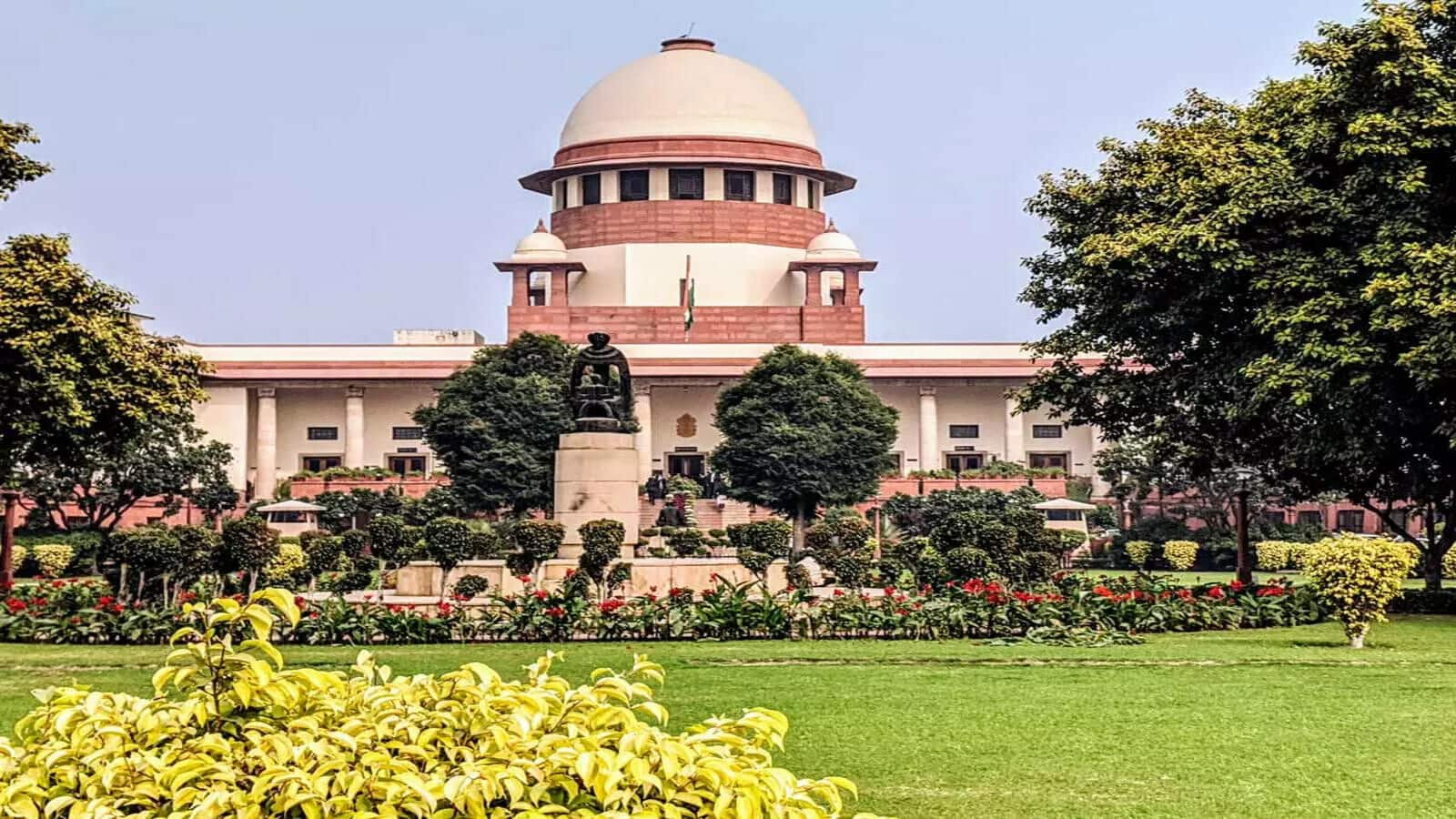
Muslim woman petitions against Shariat law practice; SC notifies Centre
What's the story
The Supreme Court has sought the Centre's response on a plea by a Muslim woman who wished to be governed by the Indian Succession Act, 1925 instead of Shariat law. Safiya PM, general secretary of 'Ex-Muslims of Kerala' and a resident of Alappuzha, identifies as a non-believer despite being born into Islam. In her plea, she called Shariat law "regressive" and wants to exercise her fundamental rights under Article 25 of the Constitution.
Inheritance concerns
Safiya's plea highlights Shariat law's property inheritance rules
Safiya's plea highlights that under Shariat laws, Muslim women are entitled to only one-third of parental property. She argued that without a court declaration, her father cannot legally bequeath more than one-third of his property to her. The petition also cites the 2018 Indian Young Lawyers Association v. State of Kerala judgment, which upholds the right to freedom of religion and non-belief.
Ostracization fears
Safiya expresses concerns about renouncing Islam officially
Safiya voiced fears of losing inheritance rights for her daughter if she formally renounces Islam. Her appeal highlights that people who leave Islam are ostracized and lose inheritance rights under Shariat law. She also highlights a legislative gap in seeking exemption from Shariat law under existing laws, saying there's no provision either in the Act or rules wherein she can get such a certificate.
Response
Next hearing in May
Chief Justice of India Sanjiv Khanna stated that the right to become a non-believer and opt to be governed by the country's secular inheritance laws must be applicable to all faiths. To this, Solicitor general Tushar Mehta, representing the Centre, requested three weeks to take instructions and file a counter affidavit. The bench allowed four weeks, saying the case would be heard in the week beginning May 5.